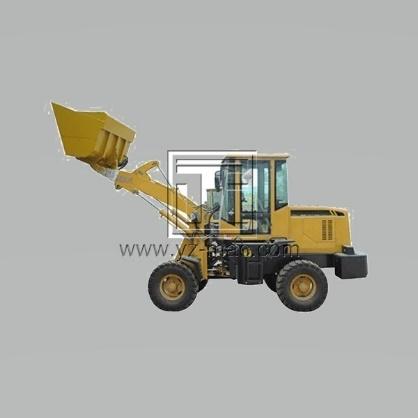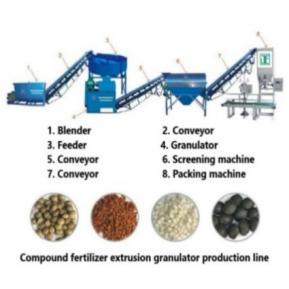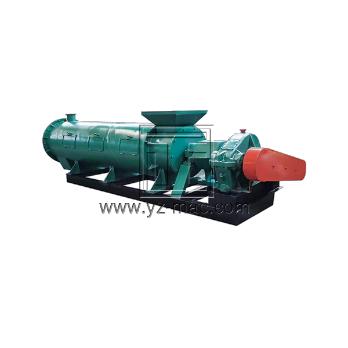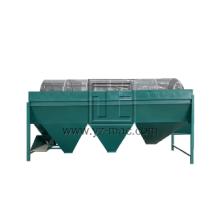Compost windrow turner for sale
A compost windrow turner, also known as a compost turner, is specifically designed to aerate and mix compost piles, accelerating the decomposition process and producing high-quality compost.
Types of Compost Windrow Turners:
Tow-Behind Windrow Turners:
Tow-behind windrow turners are tractor-mounted machines that can be easily towed behind a tractor or similar vehicle. They feature rotating drums or paddles that lift and turn the compost windrows as they move along. These turners are ideal for larger composting operations where a tractor or similar equipment is readily available.
Self-Propelled Windrow Turners:
Self-propelled windrow turners are standalone machines equipped with their own engines or power sources. They feature rotating drums or augers that agitate and mix the compost windrows as they move forward. These turners offer increased mobility and flexibility, as they do not require a separate vehicle for operation.
Applications of Compost Windrow Turners:
Large-Scale Composting Facilities:
Compost windrow turners are widely used in large-scale composting facilities, such as municipal composting sites and commercial composting operations. These facilities process significant volumes of organic waste materials, and windrow turners ensure efficient composting by aerating and mixing the windrows, optimizing decomposition rates, and producing consistent, high-quality compost.
Agricultural and Farming Operations:
Compost windrow turners are valuable tools in agricultural and farming operations. They are used to compost livestock manure, crop residues, and other organic materials, producing nutrient-rich compost that can be used to enhance soil fertility and improve crop yields. Windrow turners effectively mix and aerate the compost windrows, ensuring optimal decomposition and nutrient recycling.
Landscaping and Horticulture:
Compost windrow turners find applications in landscaping and horticulture projects. They help process green waste, such as grass clippings, leaves, and pruning waste, transforming it into compost suitable for soil improvement, mulching, or topdressing. The use of windrow turners ensures efficient composting and the production of high-quality organic matter for landscaping and horticultural applications.
Soil Remediation and Land Rehabilitation:
Compost windrow turners play a crucial role in soil remediation and land rehabilitation projects. They are utilized to compost organic materials that aid in the remediation of contaminated soils or the restoration of degraded land. The turning and mixing action of the windrow turners accelerates the decomposition process and helps create a biologically active and fertile soil environment.
Benefits of Compost Windrow Turners:
Enhanced Decomposition: The turning and mixing action of compost windrow turners ensure better oxygenation and aeration within the compost windrows. This facilitates the activity of aerobic microorganisms, accelerating the decomposition process and resulting in faster composting.
Efficient Mixing and Homogenization: Windrow turners evenly mix and homogenize the compost windrows, ensuring consistent decomposition throughout. This helps create a uniform compost product with a balanced nutrient content and a more consistent quality.
Time and Labor Savings: The use of compost windrow turners significantly reduces the time and labor required for manual turning of compost piles. These machines automate the turning process, allowing composting operations to be more efficient, productive, and cost-effective.
Improved Compost Quality: By facilitating better oxygenation, aeration, and mixing, compost windrow turners promote the production of high-quality compost. The resulting compost is well-decomposed, free from anaerobic pockets, and rich in nutrients, making it suitable for various agricultural, horticultural, and land remediation applications.
Conclusion:
Investing in a compost windrow turner for sale is a wise decision for large-scale composting operations. These machines offer efficient mixing, aeration, and turning of compost windrows, leading to faster decomposition and the production of high-quality compost. Compost windrow turners find applications in large-scale composting facilities, agricultural operations, landscaping projects, and soil remediation efforts.







